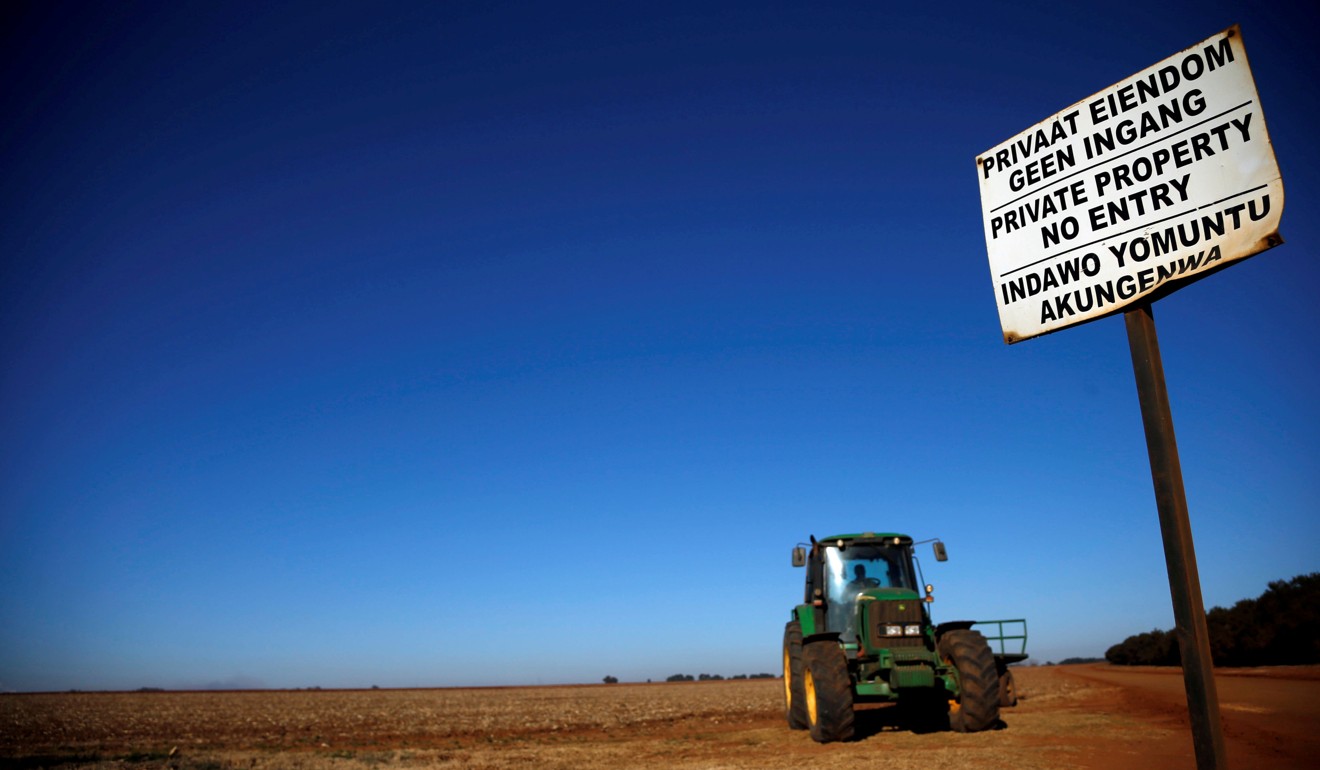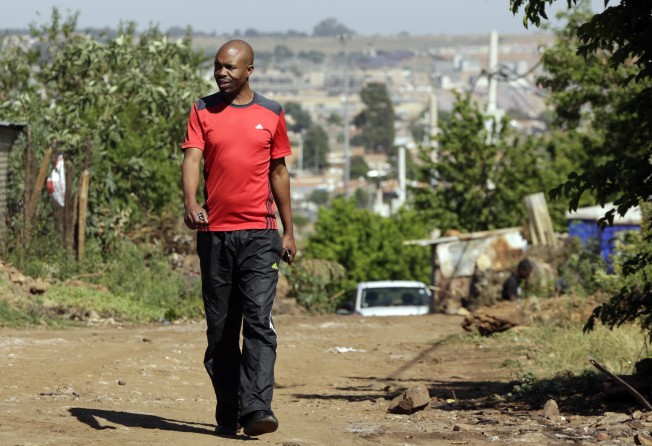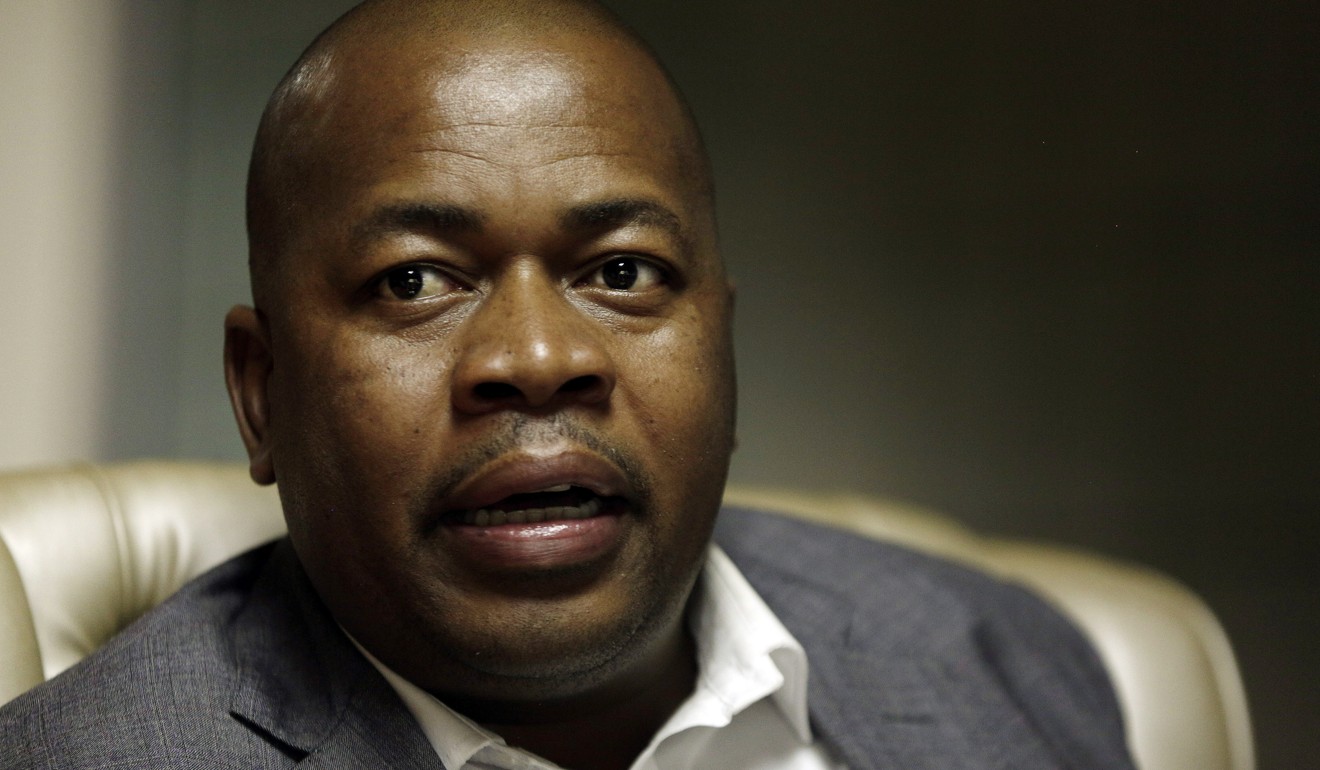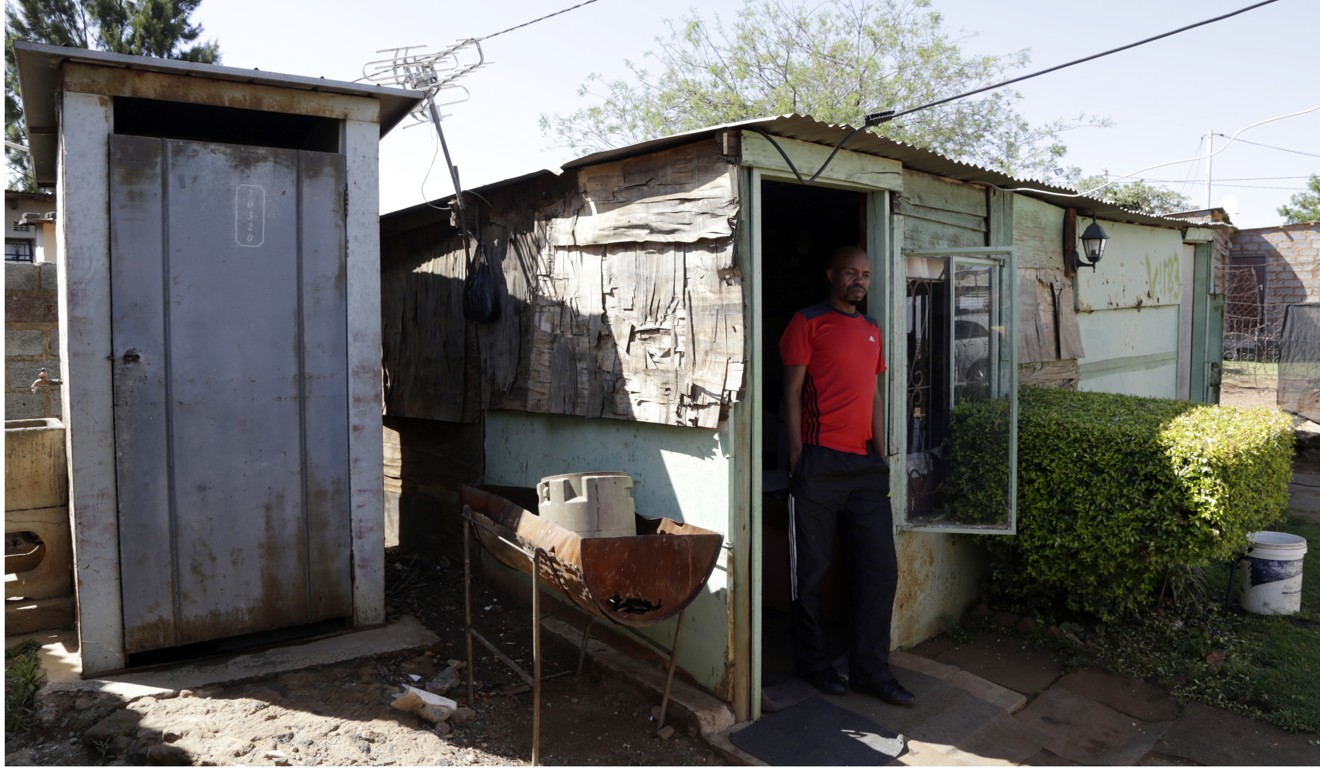
South African city’s mass land grab is ‘test case’ for nation
- Local authorities want to seize hundreds of hectares of land from private owners without paying for it so they can build cheap housing

A city outside Johannesburg is preparing what the mayor calls a “test case” for the country – seizing hundreds of acres of land from private owners, without paying for it, to build low-cost housing.
Like other South African cities, Ekurhuleni faces a housing shortage, with 600,000 of its 4 million residents living in shanty towns and little land to build homes.

Last month, Ekurhuleni’s city council voted for “expropriation without compensation”, a legal tool the African National Congress says is necessary to correct historic injustices of apartheid and distribute land equitably.
Over 20 years after white-minority rule ended, white South Africans make up just 8 per cent of the population but still hold most of the individually owned private land, keeping most economic power in the hands of a few.
In July, President Cyril Ramaphosa said the ANC planned to change the constitution to allow for expropriation without compensation, sparking concerns that the move could spur conflict in an already divided nation.
In August, US President Donald Trump waded into the controversy by tweeting – incorrectly – that South Africa had begun seizing farms and high numbers of farmers were being killed.
The ANC sought to reassure the world its efforts to ensure most blacks have better access to land will be legal and should not be cause for alarm. Ramaphosa said everyone should “relax”.
Ekurhuleni’s Executive Mayor Mzwandile Masina said landowners do not need to be “scared”.
“Our policy is not to take the land by force,” Masina said. “[It] is to make sure the land is shared amongst those that need it.”
Ekurhuleni plans to expropriate about 350 hectares of land in the city limits – both private and government-owned, that has been vacant for decades. The mayor did not identify the landowners.

He expects the city will be taken to court once it tells landowners it wants their property – and that is the point, he said. Authorities want a case to force a ruling on whether seizing land in the public interest is legal, or whether the constitution needs to be changed.
“You can’t guarantee the outcome,” said Ben Cousins, a land researcher at the University of Western Cape. “The court may find you do have to pay some level of compensation. It could backfire quite badly.”
The Ekurhuleni test case is part of a new push in Gauteng province to “release” land to residents every week, giving parcels to people who need it for homes or businesses.
Dikgang Uhuru Moiloa, head of the provincial department of Human Settlements, said the government is starting with state-owned land but also looking at vacant private land.
“We can’t just chase people out of land, their livelihoods, and providing food for the nation. We can’t do that,” Moiloa said. “Those that use the land effectively definitely will have to be left to use the land effectively.”
In the meantime, there are more than 1.2 million people registered and waiting for government-subsidised housing in the province, and the government can only provide 26,000 homes a year. “It’s a huge backlog,” Moiloa said.

In Ekurhuleni’s Winnie Mandela Informal Settlement, a sprawling complex of tiny homes pieced together with concrete blocks, plywood and corrugated tin, more than 11,000 people registered for government housing in the late 1990s and many are still waiting to get it.
Somsy Matso, a housing activist, lives in a complex of shacks his mother occupied in 1994. She applied and was approved for a government house, Matso said, but it has not happened yet.
“[Officials] are just quiet,” Matso said. “They are not saying anything.”